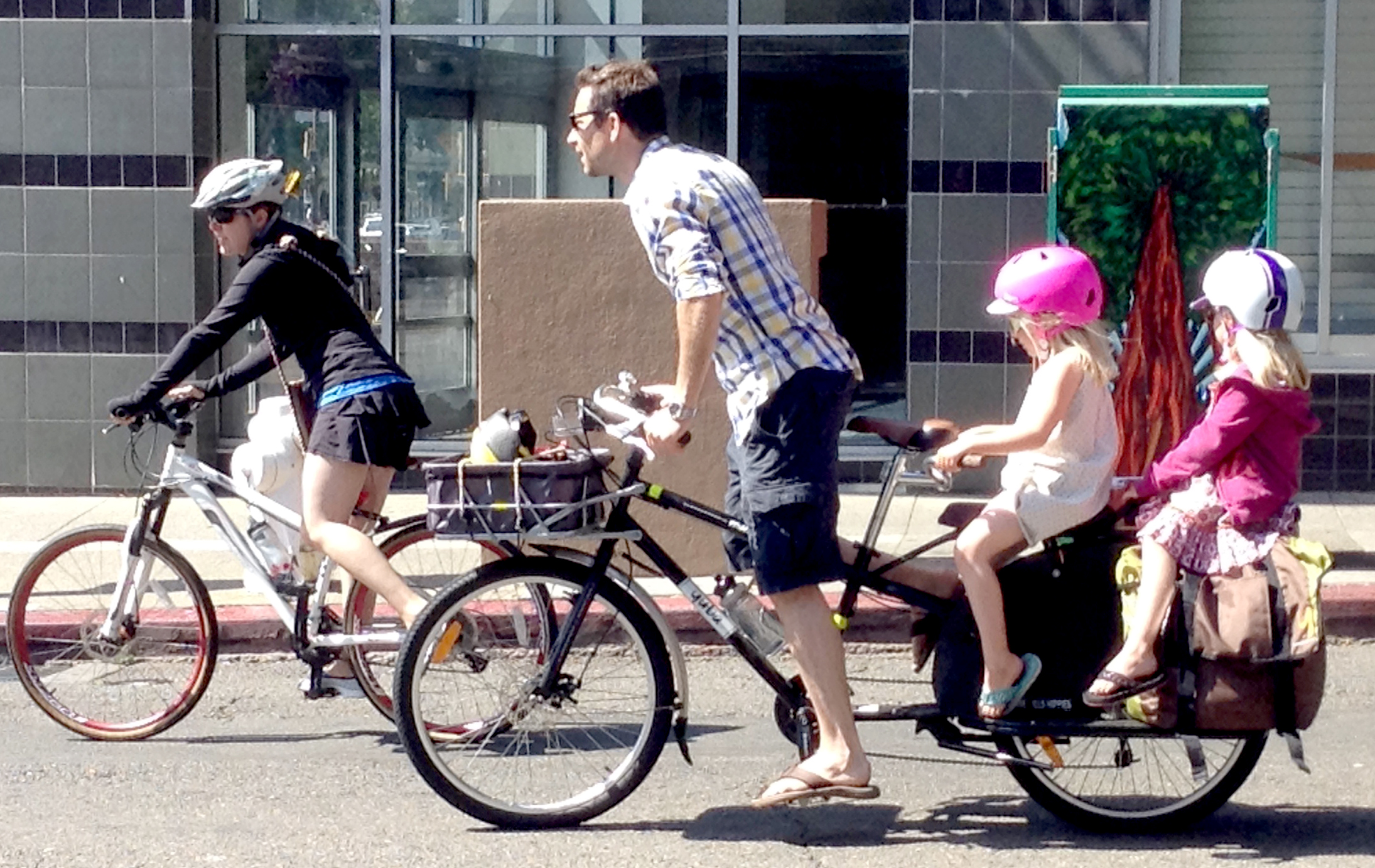At its meeting tonight, the Berkeley Unified School District Board (BUSD) will consider a plan to make its schools more environmentally sustainable. The draft plan has been presented to the board already, and is on the consent calendar, so it may just be adopted without further discussion.
School districts should be concerned about environmental issues, both from the perspective of reducing their own carbon footprint as well as educating future leaders about the importance of everyone doing so. Yet few districts seem to have a plan, or a philosophy, let alone guiding principles, on how to achieve sustainability.
A few do. In California, San Francisco has a program called “Earth Day Every Day,” which sets out school district goals on carbon neutrality, water resilience, zero waste, and clean transportation. The Los Angeles Unified School District has a similar plan, focusing on energy conservation, water stewardship, waste reduction, education, and greening campus areas. Transportation, however, does not seem to be a part of the LAUSD program.
Yet school-induced vehicle traffic produces safety, health, air quality, and greenhouse gas emissions problems everywhere in California. Researchers have estimated that as much as thirty percent of morning traffic is produced by parents dropping their kids off at schools.
This is true even in supposedly walkable, bikeable Berkeley.
The BUSD's proposed Sustainability Master Plan addresses water, energy use, recycling, and education, among other topics. It also makes a few recommendations on transportation, including taking on a goal of reducing single family car trips to less than twenty percent by 2025, with eighty percent of students who live within a two-mile radius getting to school via walking and bicycling.
Susan Silber, who was hired by the BUSD to develop the plan, recognizes that setting goals is only a beginning. “You have to take a redundant, multi-tiered approach,” she said. That means everything from teaching students, engaging parents, creating safer infrastructure, replacing diesel school buses with electric ones, and constantly encouraging people to think about ways to reduce car trips.
The point is to “encourage a culture of sustainability at the district through various ways, among parents, teachers, and students,” said Silber. “Staff as well—everyone could be encouraged to have more sustainable practices and behaviors.”
To that end, Silber even got several high school students to do some background research for the plan. “On a whim, I decided I wanted students to help write the plan, so I recruited about a dozen,” she said. "I paid two of them as interns. Each was given a topic to research, plus together we met with experts and stakeholders over the summer.”
“My secret agenda was that I wanted to get them involved,” she said. “And it worked. A lot of those student researchers are part of the Green Team at the high school.”
Education is fully incorporated in the plan in other ways. For transportation issues, that includes bike-riding classes in elementary school and middle school, and programs like Walk and Roll to School Day that make it fun and exciting to engage in active transportation via walking school buses and participation contests. Many of these programs already exist in Berkeley schools, through Safe Routes to Schools programs, which Silber said is important for the district to make full use of.
“Why not have a PTA-sponsored sustainability night, or a transportation-focused program at a PTA event?” she asked. Parents could use carpool apps to cut down on the number of car trips they take. Electric buses could replace the diesel ones that currently provide transportation for elementary students who live more than a mile and a half from school; that policy could be revisited to make it easier for students at the one-mile point to take a bus, too, said Silber. Free transit passes for middle and high school students could help reduce driving--and the madness of drop-off--as well.
“We also want the district to work more closely with the city,” said Silber, “to find funds to make infrastructure improvements around schools. The district has already ordered electric school buses, which cost twice as much as diesel buses, but there is money from the state for these kinds of efforts.”
“The plan's goal is to have half of the buses be electric,” said Silber, “and we'd love to put in solar to charge them as well.”
One of the topics not addressed in the plan is housing. Not because it isn't germane—it very much is, especially in a place that's expensive to live in. “Fair enough; staff can't always live in Berkeley,” said Silber. But in the end “it was a lot to tackle, so we didn't address it,” she said.
Silber calls the plan “a living document,” meant to be reviewed each year. That could leave room to revisit goals and perhaps add a sense of urgency to some of its ideas.
Somewhat shockingly, the school district has not directly addressed sustainability before this. “Berkeley Unified has not talked about it,” said Silber. “Some of the schools don't even have recycling.”
The school board is likely to adopt the plan tonight but, as Silber points out, they won't be the ones implementing it. The real challenge will be getting staff on board. “They get it; they all are very pro-environment,” said Silber. “They're going to see it as more work, but it's hard to say 'no' to sustainability.”






